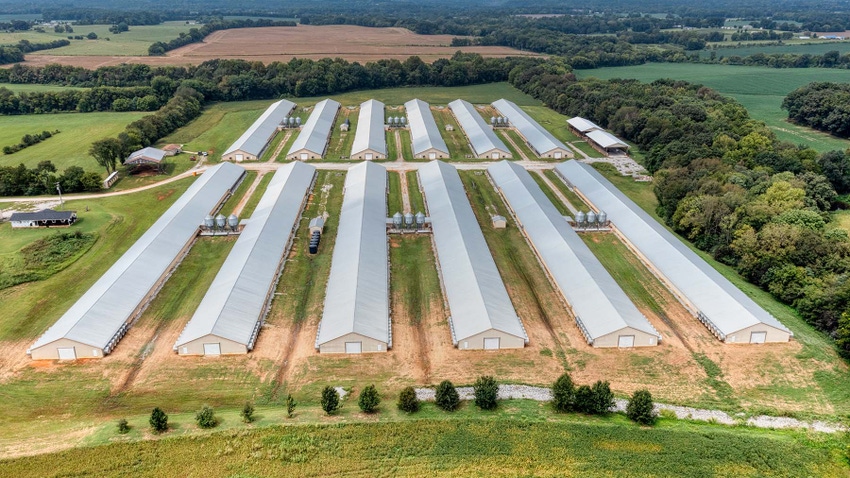
On August 9, 2023, the Supreme Court of Maryland rebuffed a legal challenge to a general concentrated animal feeding operation permit.
The environmentalists had chosen the most liberal county in Maryland to argue that a general CAFO permit did not adequately regulate ammonia air emissions from farms raising livestock. The Maryland Supreme Court said, “The Department’s AFO General Discharge Permit framework- which addresses water quality standards…is reasonable, and is consistent with federal and state law.”
The court also found there was substantial evidence that Maryland’s Department of Environment could regulate ammonia emissions in a general permit.
It appears that the underlying commentary coming from this ruling is, if you can regulate ammonia in a water permit then what is the Clean Air Act for?
What is the Baker Study?
The court failed to look at the Federal Agricultural Stormwater Runoff exemption. Instead, the Supreme Court looked at something called the Baker Study. This study was done in March, 2020, and found that ammonia emissions from poultry houses had 40% of those emissions fall to the ground within 1.5 miles of the source, and “…approximately 70% were redeposited within 31 miles.”
The Maryland lower court had taken the position that if something goes into the air, it must come down and therefore any air pollutant that washes into the Chesapeake Bay or any water of the United States could be controlled through a Clean Water Act permit. This is simply wrong.
For those of you facing a CAFO lawsuit, don’t forget the Agricultural Stormwater Permit exemption. For example, if you adopted the Maryland lower court position then you would have to control the ammonia from all animals and cars. One study out of Los Angeles during COVID indicated that cars emitted ammonia from their catalytic converters. So even though the Maryland Supreme Court was correct in rebuffing the environmentalists’ legal challenge, the Supreme Court reached its opinion, I think, incorrectly.
The Maryland Supreme Court decision would have serious implications if it had come out any other way. This will not stop the environmentalists from challenging general permits, which are issued by states such as Maryland.
The decision, which takes up 147 pages, is not worth reading. The dissent, which is approximately 50 pages, is certainly not worth reading. The justice simply does not understand environmental law. The dissent reads like something more like an environmental justice case. The Maryland dissent makes comments like, “…dominant poultry producing counties also have among the highest percentages of minority populations in Maryland.” The justice goes on to say “…enormous quantities of pollution that emanate from animal feeding operations pose substantial public health risk including from emissions from unregulated ammonia.”
The justice does not seem to understand that ammonia occurs naturally in the environment every time there is a lightning strike. The justice does not seem to recognize that ammonia also comes from car catalytic converters and also from industrial sources. Many of these sources pollute the waters of the United States and they are controlled under the Clean Air Act and not the Clean Water Act.
Trouble ahead?
The Maryland Chicken Council is very happy that the Maryland Supreme Court rebuffed the environmentalists’ legal challenge to the Departments of Maryland’s AFO general discharge permit. However, there is troubling language in the Supreme Court’s decision. It says, “There is substantial evidence in the record to reflect that the Department not only acknowledges its authority to regulate ammonia emissions and air deposition through the 2019 general permit…” This authority is granted to control ammonia emissions through the Maryland and Federal Clean Air Acts.
No CAFO should allow any state agency to control its air emissions through a water pollution control law.
About the Author(s)
You May Also Like




